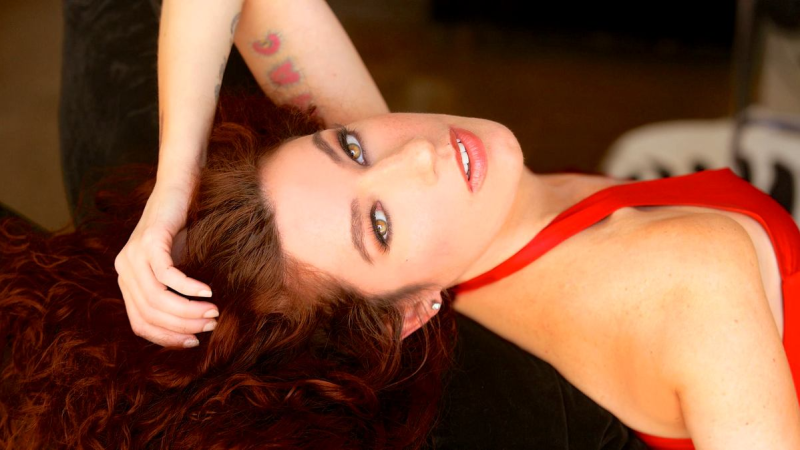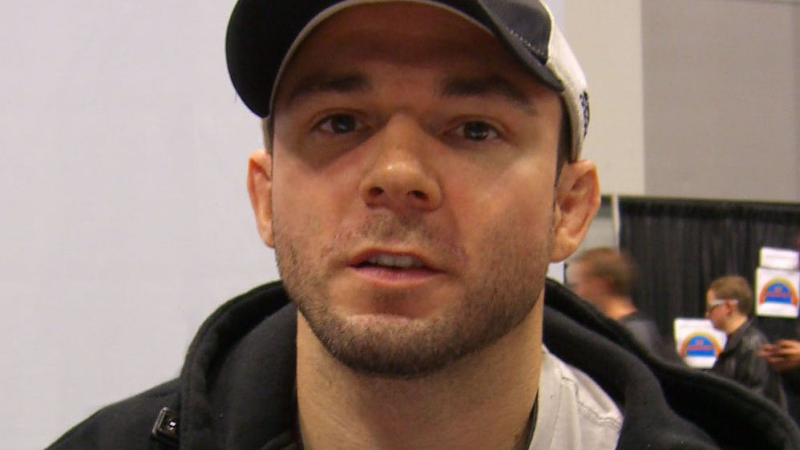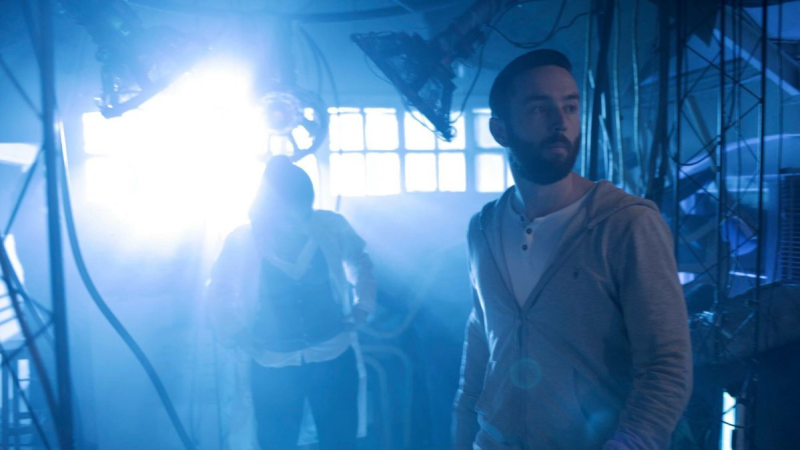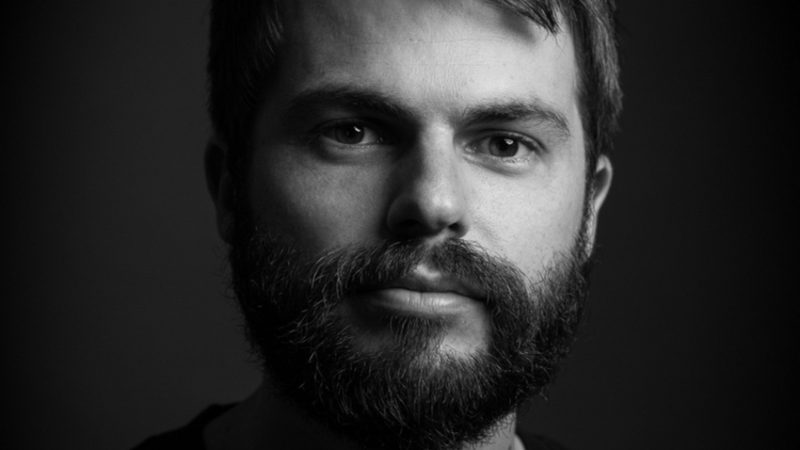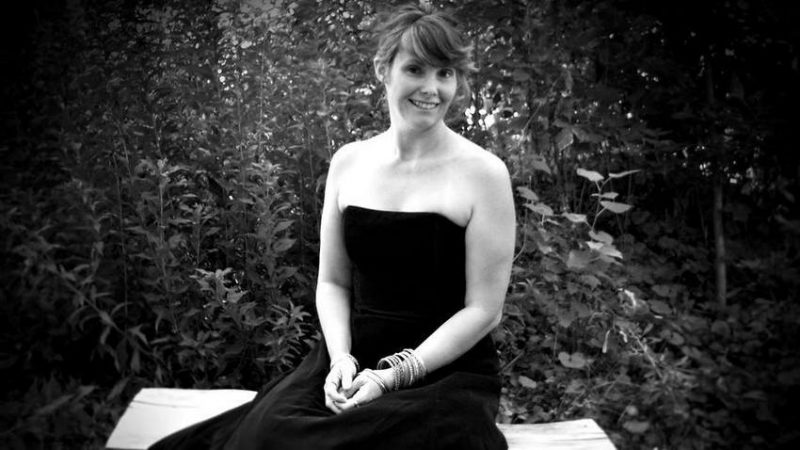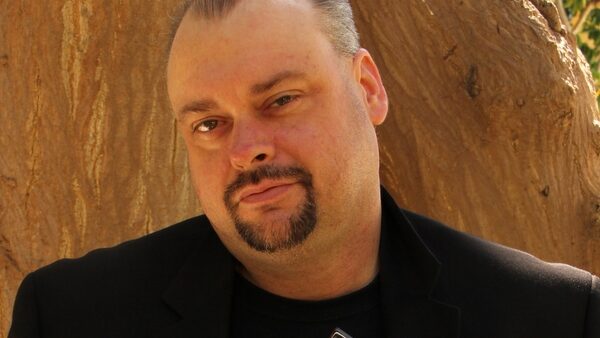
Corey Arlen Lubak is the son of a United States Army Vet Raymond Jean Lubak, and Norma Brown. At age 3 they moved to Las Vegas, NV where he lived until 13. Vegas was difficult for a child growing up, its not really a place for a kid. He made friends fast attending Paradise Elementary, Kit Carson, and other schools. “One summer my mother asked if I wanted to go to California for the summer and get away from that Las Vegas heat, I would stay with my aunt and my uncle” says Corey.
For Corey, “Little did I know it would be my home today. Having an actual ocean breeze instead of air conditioning was certainly a shock, I quickly fell in love with the beach, body boarding and surfing at any chance, I went onto play three sports at my high school. Living with my aunt and uncle was certainly different growing up in a Christian household, though my parents believed in god, it wasn’t practiced every day”.
“To this day I owe my aunt and uncle a great deal of gratitude for raising me to be the man I am today”, says Corey. “I love and thank them both for that. I guess you can say I saw things from different perspectives, which I believe has been able to give me insight into two sides of the argument for life, Science and Religion”.
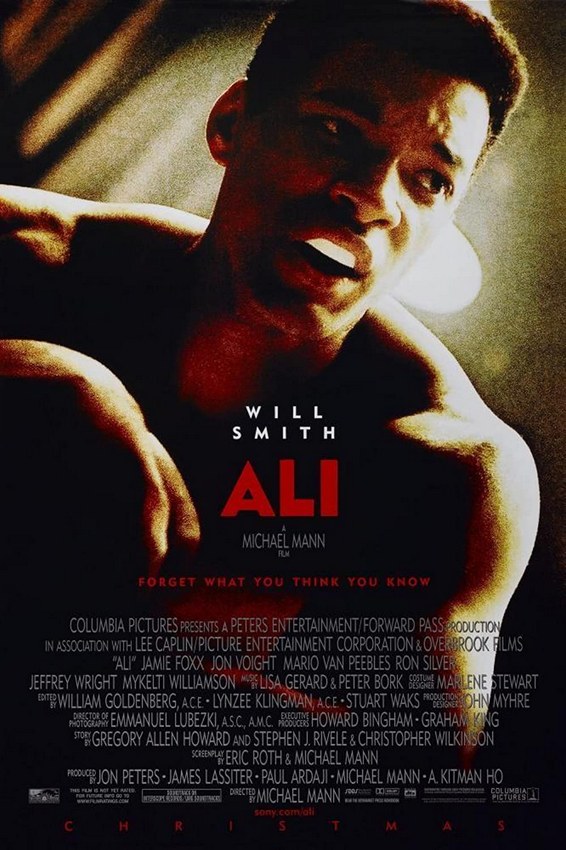
indieactivity: What moment in your life did you decide to be a filmmaker?
Corey Lubak: One day while in high school, they were filming a commercial on campus, I had the pleasure to meet some of my favorite stars at the time, and it was just a world the really appealed to me. I attended workshops for acting, but also being in high school I didn’t take it serious enough, I had to keep my grades up to be able to play sports.
So in 1999 after graduating I had been given a scholarship to a college of my choosing, a 2 year would’ve been great to continue studying, and I was presented with an opportunity. Joining and signing with a talent agency at age 19, I chose acting. I went on to work on many major film productions, television, even commercials, I’ll never forget my first booking was a commercial for the Iron Giant. Over the course of the next year I would go on to work on productions like Blow with Johnny Depp, Ali with Will Smith, Coyote Ugly with Piper Perabo, and Little Nicky with Adam Sandler.
These were great times in my life, with the actors I was able to meet, the great people I worked with, and the friends I made. I continued with the talent agency for the better part of two years, auditioning and working, it definitely takes its toll after a while working six days a week, and sometimes up to 16 hours on set. Being an actor and a filmmaker can and will be hard work but it is rewarding, so never give up.
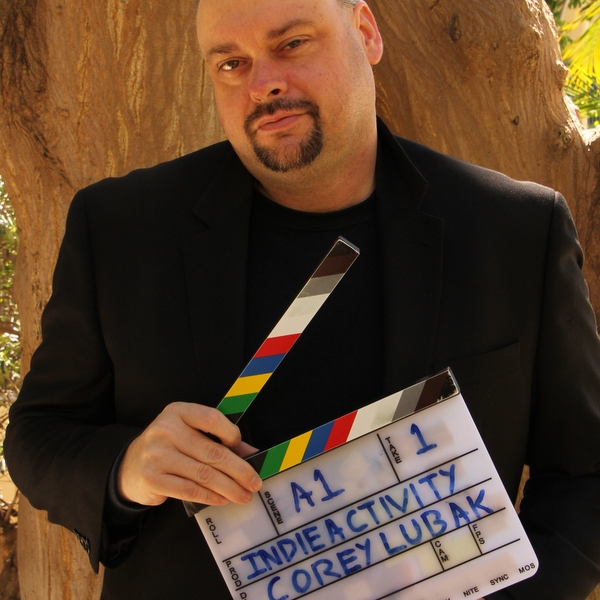
indieactivity: What is your education in filmmaking?
Corey Lubak: It’s interesting as I try to answer this question I feel under educated, and at the same time I’ve probably spent more time in auditions, sets, studios, around more actors, directors ,filmmakers than most with degrees in filmmaking. Most of my education is self-taught, but that would be a lie, it’s been a combination of people I have had the pleasure to work with and meet that have taught, guided, and shared and I continue to still learn to this day.
Most actors, actresses, filmmakers, can almost pinpoint that if they didn’t audition for that 1 commercial, or if you didn’t direct that one five minute short film, you might not have made it to where you are today. I moved behind the camera in 2009, I worked a little behind the camera just after acting in 2002 for a few commercials for 7-up, Saturn, and halls. In 2009 came my first PA job, it was tough, long, but I learned so much those days on set I take much of it with me to this day. In 2009 that was the beginning of digital filmmaking, when I was acting it was still film, now film is a lost art form.
There is a term called “Check the Gate” on the camera there was a tiny window and you could see how much film was left, that term is no longer used. You can shoot, edit, all in the same day. Editing software is a great tool these days for much can be corrected with lighting, sound, even after effects. To me sound is just as important to the scene as are the actors, educating yourself on editing software can be a great tool when being an independent filmmaker.
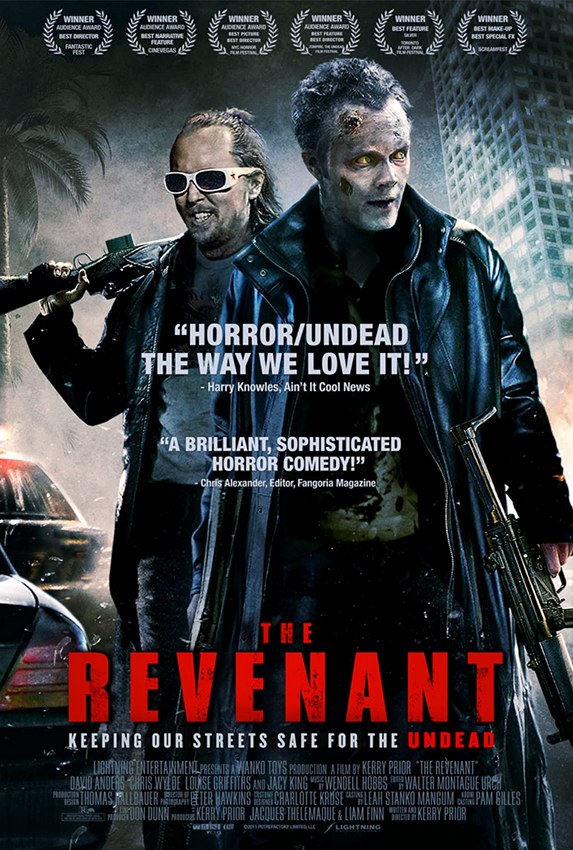
indieactivity: Do you take courses to improve your craft?
Corey Lubak: Absolutely, there are many courses outside of colleges to take, there are many advancements in film production it’s good for even a seasoned filmmaker to take a course on digital cameras, editing software, and special effects.
Obviously if you’re trying to be an actor or actress, start with the obvious, take a drama course in high school, experience what it’s like to have to remember your lines, placement of where you should be for fellow actors on stage, and your overall feeling of having an audience watching you.
There are many great acting platforms here in Los Angeles, most colleges put on performances and plays that are great, Groundlings is a great improv set, and one of my favorites is Edgemar Center for the Arts, offering absolutely well-acted plays, one woman shows, ensemble cast productions, a great place to help you improve your craft. There are many film courses I plan to take because of the ever growing camera market, so many cameras, so little time.
indieactivity: How do you stay fresh on a production set?
Corey Lubak: Working on a film, television, or even commercial set can and will be grueling at times, no matter in front of the camera or behind. A film production will begin with a pre-production meeting of all cast and crew, this is your first chance to meet your first A.D. (Assistant Director) for he or she will be doing most of the directing of crew.
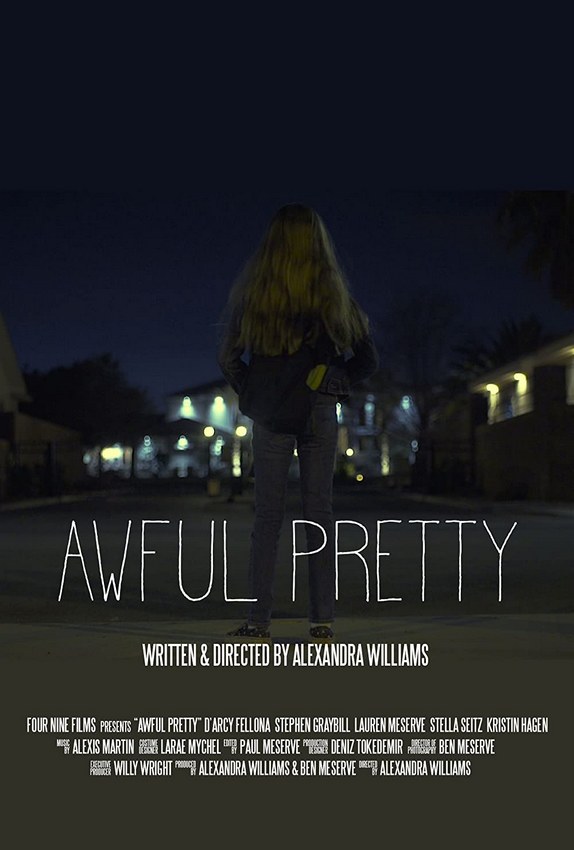
Television works at a very fast pace, as film tends to work slower, but efficient in trying to get the camera angle for the best shot, and having all actors ready for the camera, usually one rough take before filming with final looks. A film set can look like chaos at times, but everyone on set has a job, a roll to play in setting up the shot, obviously things happen, sometimes actors are late, sometimes makeup and wardrobe are having trouble, I’ve been on set when we even lost power so we had to wait for a backup generator to come, needless to say it held production up that day quite a bit.
Staying fresh on set is a tough task until you learn and know the people you’re working with, call times will change from day to day, so always try and have a light, but healthy breakfast to power through for the next 4-6 hours straight, a great tip I learned far too late is if your crew, wear two different pairs of shoes, this will definitely help when walking and standing 14 hour days.
indieactivity: What director and actor do you hope to work with?
Corey Lubak: One thing I’ve learned is that it helps to have knowledge in filmmaking, by this I mean all aspects of making a film, television show, or commercial work. Familiarize yourself with the actors, actresses, directors, writers, editors, everyone that is in the end credits played a role in the production, most times they are just as important as the actor on screen. Sure I have met many people over the years that are famous, not famous, and people that have had been on more productions than years I’ve been alive and almost nobody knows their name.
Sometimes you can be the lucky one that auditioned, nailed it, and got it, as is with the hit Game of Thrones, many trained actors looking for their big break. There is a huge list of many actors, actresses, directors that I would love to work with, collaborate on a project of mine or theirs, but I could only hope one day when I have completed a project someone will want to work with me.
To all my fellow filmmakers that know me, it has been a privilege to work with you all and to those I haven’t had the chance but met through film festivals, or even social media, hopefully one day we work together, because it is you that inspires me.
indieactivity: Would you be willing to take part in a workshop with international coaches present?
Corey Lubak: Absolutely would love to take part in workshops with actors, giving whatever advice I could lend, but I would be more inclined on watching them from a directors stance from looking at it from the audition point of view, can you nail the audition.
One great workshop that has helped me with the interviews I’ve read, the live interviews with Q & A sessions, webinars, with top actors, directors, has been a great tool is Stage 32, Richard Botto founder of Stage 32, a great platform for all to check out. One other platform besides already mentioned Edgemar would be something that can appeal to all film enthusiasts is New Filmmakers Los Angeles.
Showcasing short films from around the world, it’s a great chance to meet local and foreign filmmakers, as most directors and actors attend the screening of their films. Always attend film festivals around the United States, so many great shorts don’t get seen by everyone and all these talented independent filmmakers should have their works viewed.
indieactivity: What’s next for you in your career and what advice do you give to future filmmakers?
Corey Lubak: My future endeavors would include still learning all there is, I have three short films in pre-production with one we’re in final stages on, titled 50 G’s, set in modern day with a choice that will turn a young man’s life upside down. I’ve been fortunate to have worked in this industry for a long time, but a long break in between in front of the camera, and now behind, meeting my wife in 2001 we’re still together today.
I’ve had many jobs from working at LAX, to being a security guard, as well as catering. I would love to work as a production assistant again on a film, or move up to first A.D., this is what I hope I can bring with directing my short films. Having had success and failure, in both personal and professional life, auditions, having had financial backers and people committed to your project only to back out last minute, it helps you grow, of course at the time you think your life is over because you’re worried about money and family.
This is a very tough business and considering the ratio from people who want to be a part of a production, and be famous, to the people that actually get there is very small, but what’s this world without possibility, and with a little hard work, and definitely a little luck, you’ll get where you want to go. I’ve had the pleasure to meet such great filmmakers, from very famous actors and actresses, to the independent side of film production which is booming right now, one day on set a guy asked me, “What is it you hope to accomplish with this”? I answered the best I knew how at 28, because this is something I love.
Being a part of a production feels great, and working with talented people and the hope of working with great talent just keeps me wanting more. He also told me not to worry I’ll get there, he said “ You’ll end up working almost every position behind the camera before you find what suits you best” I now truly believe that statement. My advice to someone looking to become an actress or actor or filmmaker, please if you can go to college, do so.
Continue studying at even at a junior college and study the drama and filmmaking departments they offer, who knows maybe you want to direct a film, but you would be suited for photography, so you could be a set DP, or maybe you like correcting a book your way that is better for the reader, and find yourself a screenplay or script writer, or if you know how to crunch the numbers and smooth talk, maybe producing is perfect for you, that was a joke.
I can only hope that I could possibly inspire one young man or young woman to pursue their dreams of becoming an actor, a filmmaker, a producer, whatever it is you choose, that would put me on cloud nine knowing I actually inspired someone else from so little, for it’s not who you know, what you have, it’s what you do with what you have. One quote I’ve lived by for many years is, “Live today, Love today, and Dream of Tomorrow” I would like to take this opportunity to thank Indie Activity for all they do for the filmmaker, take care and god bless.
MORE STORIES FOR YOU

